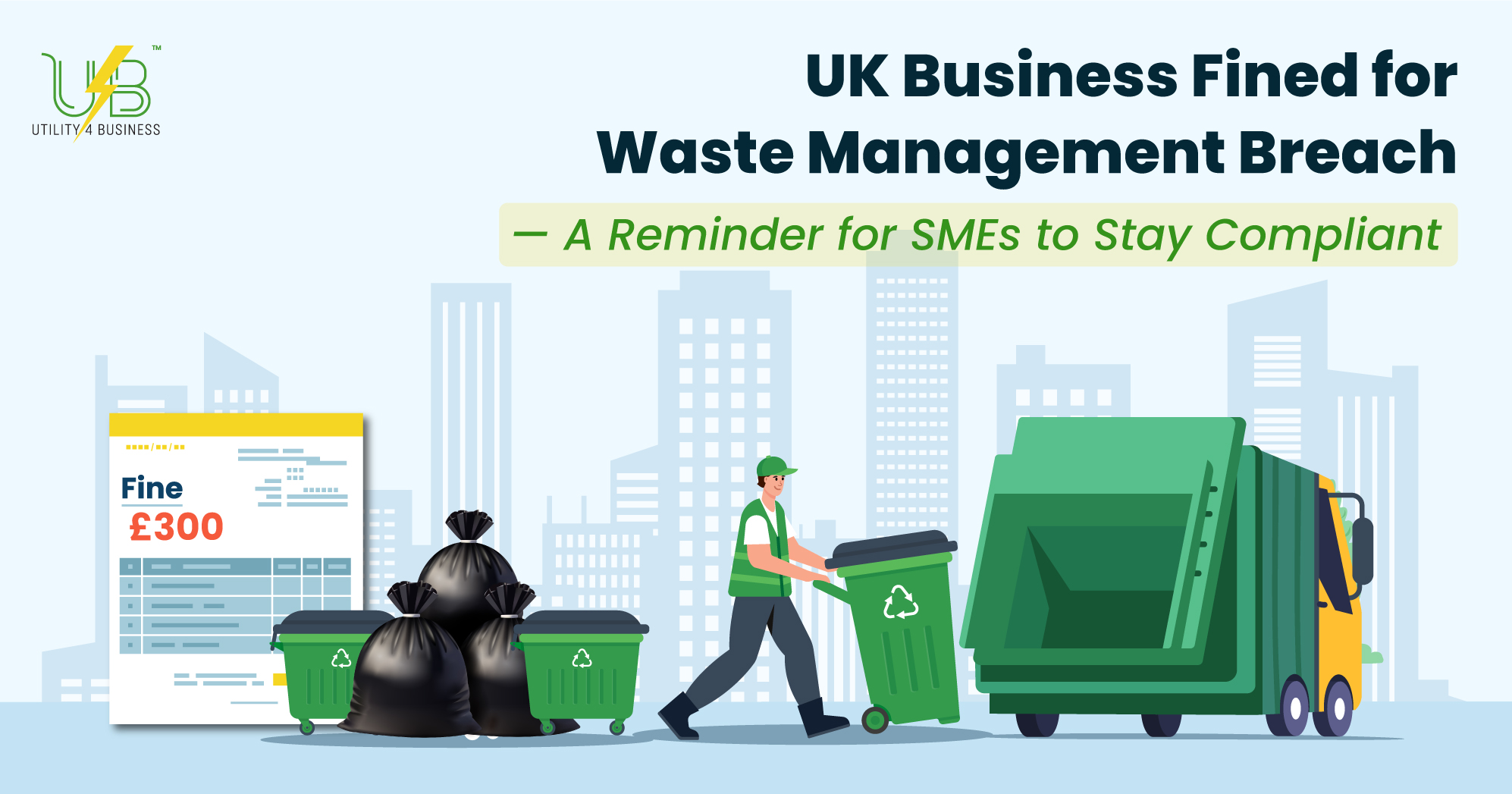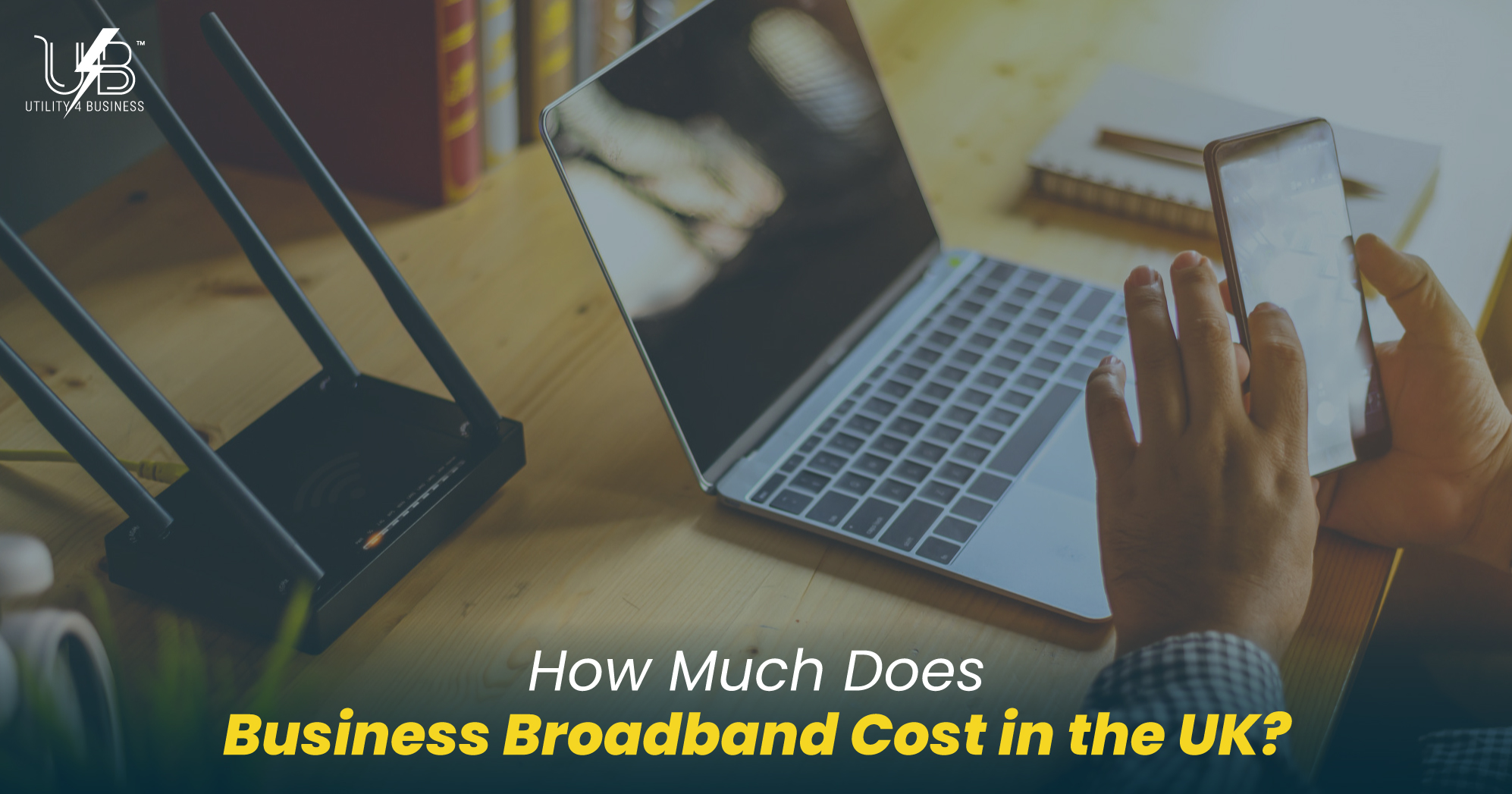Key Metrics for Measuring Energy Efficiency: Maximizing Savings and Sustainability
Key Metrics for Energy Efficiency

In today’s world of rising energy costs and environmental concerns, improving energy efficiency is essential for businesses of all sizes. Whether you're a small business owner, an entrepreneur, or a corporate decision-maker, understanding key energy efficiency metrics can help reduce costs, enhance sustainability, and optimize operations.
At Utility4Business, we recognize the importance of energy efficiency in driving both economic and environmental benefits. This guide explores the essential metrics for measuring and improving energy performance.
1. Energy Use Intensity (EUI)
Energy Use Intensity (EUI) measures a building’s annual energy consumption per square meter (kWh/m²). A lower EUI indicates higher energy efficiency. Monitoring this metric helps businesses identify areas for improvement, such as upgrading insulation or optimizing heating and cooling systems. Advanced tools like energy dashboards provide real-time tracking, allowing companies to adjust energy use proactively.
2. Power Usage Effectiveness (PUE)
Power Usage Effectiveness (PUE) is crucial for data centers and IT facilities. It calculates the ratio of total facility energy to the energy used by IT equipment. A lower PUE means more energy is directed toward computing rather than auxiliary systems like cooling. Innovations such as advanced cooling solutions and server virtualization improve PUE, making IT operations more energy-efficient.
3. Specific Energy Consumption (SEC)
Specific Energy Consumption (SEC) measures energy use per unit of production, such as the energy needed to manufacture a product. By tracking and optimizing SEC, industries can cut costs while maintaining output. Methods like predictive maintenance and process automation enhance this metric, improving overall operational efficiency.
4. Carbon Intensity
Carbon intensity quantifies the environmental impact of energy use by measuring CO₂ emissions per unit of energy consumed (gCO₂/kWh). Businesses aiming to reduce their carbon footprint can lower this metric by adopting renewable energy sources and energy-efficient systems. Companies committed to sustainability often use carbon intensity as a benchmark for achieving net-zero goals.
5. Energy Performance Certificates (EPC)
Energy Performance Certificates (EPCs) assess a building’s energy efficiency, ranking properties from A (most efficient) to G (least efficient). In the UK, EPCs are legally required for selling or renting commercial properties. Upgrading insulation, installing energy-efficient windows, and utilizing renewable energy systems can improve EPC ratings, reducing energy costs and increasing property value.
6. Load Factor
Load factor evaluates the consistency of energy use over time, comparing average consumption to peak demand. A higher load factor suggests more stable energy usage, lowering costs and reducing strain on the energy grid. Businesses can improve this metric by scheduling energy-intensive activities during off-peak hours or integrating energy storage solutions.
7. Thermal Efficiency
Thermal efficiency measures how effectively heat energy is converted into usable work. This metric is essential for industries relying on power plants, furnaces, and heating systems. Technologies like combined heat and power (CHP) systems and heat recovery solutions can significantly enhance thermal efficiency, leading to reduced waste and energy costs.
8. Energy Star Ratings
Energy Star ratings help businesses identify energy-efficient appliances and equipment. Higher-rated products consume less energy and lower operating costs. Many governments provide incentives for businesses that invest in Energy Star-rated technologies, making it easier to adopt sustainable solutions.
9. Net Energy Balance
Net Energy Balance compares energy generated versus energy consumed, particularly relevant for renewable energy systems like solar panels and wind turbines. A positive balance indicates surplus energy production, which can contribute to energy independence and grid stability. Businesses investing in renewables can use this metric to assess their energy sustainability.
10. Return on Investment (ROI)
ROI measures the financial benefits of energy efficiency projects, such as solar panel installations or energy management system upgrades. A high ROI indicates faster payback on investments, justifying upfront costs. Businesses can track ROI to evaluate the long-term impact of their sustainability initiatives.
11. Energy Productivity
Energy productivity assesses the economic output per unit of energy consumed. A higher energy productivity score indicates efficient resource use without compromising business growth. Companies that prioritize energy productivity can achieve a balance between operational efficiency and sustainability.
Conclusion
Tracking these key energy efficiency metrics enables businesses to optimize energy use, lower costs, and reduce environmental impact. Implementing strategies to improve these metrics can lead to significant savings and enhanced sustainability.
At Utility4Business, we help businesses navigate the complexities of energy management with tailored solutions. Whether you’re looking to optimize a single facility or develop a company-wide energy strategy, our expertise ensures measurable success.
Let’s build a greener, more efficient future together.
Find This Article Helpful? Share It Now!
At Utility4Business, we offer top-notch customer support and business utility solutions for businesses across the UK. Consider sharing this article and helping others discover how our expertise can add value to their business success.

Read Our Latest Posts
Explore our latest blog posts and learn how Utility4Business can support your business growth with tailored utility solutions and services. Stay ahead of the curve with the latest information from industry experts and take advantage of our user-friendly comparison services to find the best business deals.


Get Connected
At Utility4Business, our team of experts can help you figure out the highest-value business utility deals that will help your business grow over time.


